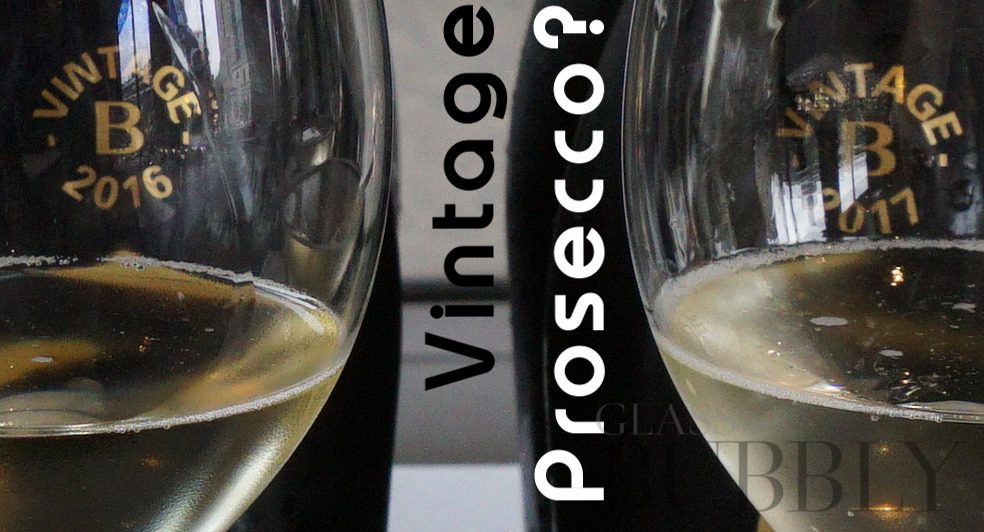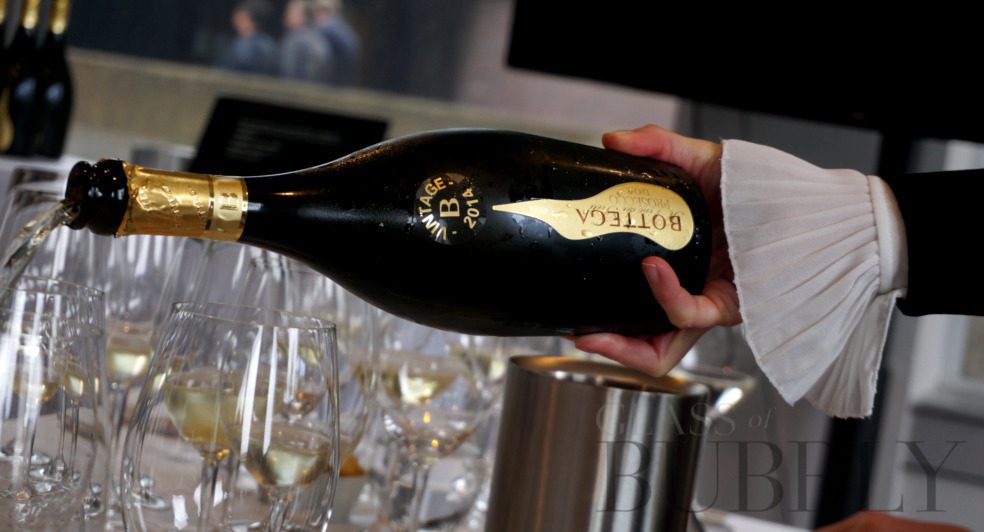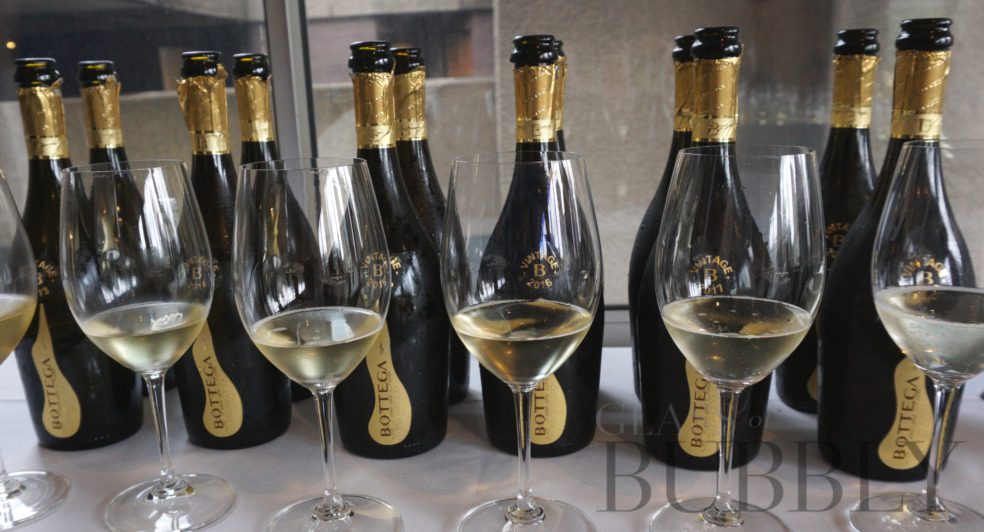Vintage Prosecco
18th March 2022

Prosecco is a sparkling wine (though note there is a tiny percentage of production that is still) that is mostly made so to be enjoyed not long after production, no need for ageing and no requirement of producers to store bottles away for years on end to achieve maturity.
Just a few months after the grapes are picked the wine (Prosecco) is produced, released and will be on its way to restaurants, bars and supermarket shelves. Its young / fruity character, of which its identity is built, will be popped open and enjoyed before any slide of quality.
Prosecco is a sparkling wine to enjoy now, just like Beaujolais Nouveau, a young and fruity red wine from France, designed to be drunk within six months of release. The excitement of these kind of wines is their release date and getting your hands on a bottle so as to experience the year’s harvest.
Though, I wish to go against the narrative here and question whether or not Prosecco is also a wine that can be aged? I totally understand that this is not what it is generally made for and nearly all Prosecco winemakers would advise drinking the wine at least within 1 year of release, but can increased time in the bottle offer a variation of aroma and tasting experiences?
“Come down to my wine cellar and take a look at my vintage Prosecco collection” is something us wine professionals would most certainly raise an eyebrow at, but recently I have tasted a few DOCG millesimato labels of several years back and I have been pleasantly surprised.

Vintage Prosecco Bottega
I remember the very kind invitation to rather a unique tasting in London put on by Stefano Bottega that I enjoyed where a unique vertical tasting of vintage DOC Prosecco took place amongst leading sparkling wine journalists. It was a very rare occasion involving a serious tasting exploring the ageing quality of Prosecco over the youthful fruitiness, but it was a tasting that was a success and will open the door for this area of the sector to be explored further in future years. Bottega Prosecco certainly leads the way in exploring the performance of vintage Prosecco.
The end result from this tasting, following exploring several recent vintages, was that the intensity of flavours was increased as the vintages went back in my opinion and yet the Prosecco still held a youthful character – Further ageing was certainly possible.

Bottega Prosecco Vintage Vertical Tasting London
I have a fairly large selection of wine at home (I purchase smaller wine collections that I see at auctions) and I usually come past older Prosecco (vintage/millesimato) labels which I tend to open and study the quality of. For example:
Allini – Conegliano Valdobbiadene Prosecco Superiore Extra Dry 2012: “A four star due to its age. 2012 vintage. Bought a collection of old wines and this was included. Yellow rose petals, honey, creamy green pear, touch of lime. Fruity and golden honey flavours. Creamy flavours with a touch of dryness towards the close. Ripe green pear flesh, red apple, golden syrup. Faint touch of acidity / sourness towards back and sides of palate in the length though not off putting. Can you age Millesimato DOCG Prosecco? Quite possibly… ” (review on Vivino)
My opinion is that Prosecco can be aged up to 10 years and though you will likely lose some freshness / youthfulness I feel that some flavours may intensify such as by showing golden fruits / honey more so. Especially amongst DOCG millesime labels, there will be seen an increase with intensity of aromas and flavours. For now, the storing of Prosecco will be purely for vinotech and curiosity reasons, though I feel as Prosecco continues to grow its global fan base that consumers will be ready to venture into more select areas such as what vintage bottles can offer.
![]()
Christopher Walkey
Co-founder of Glass of Bubbly. Journalist and author focused on Champagne & Sparkling Wines and pairing them with foods.
